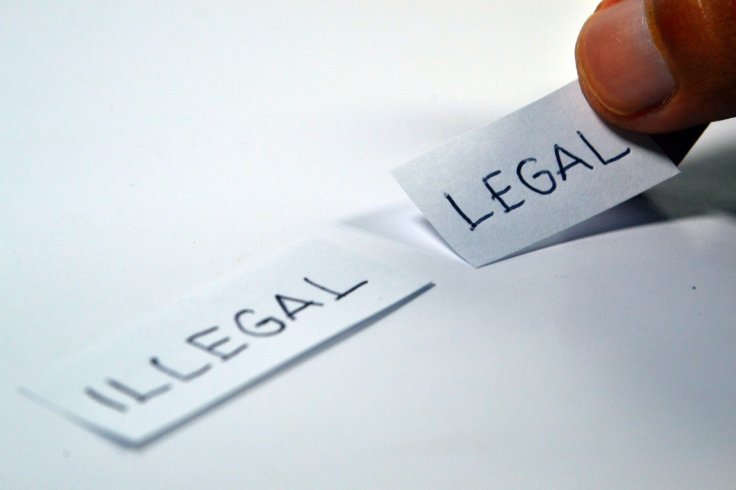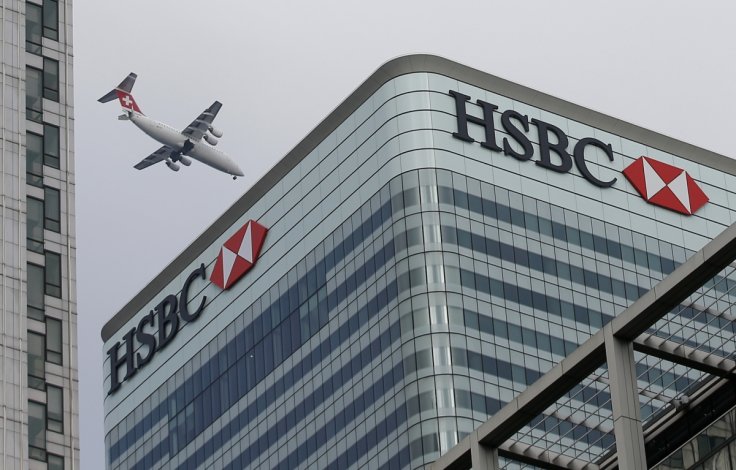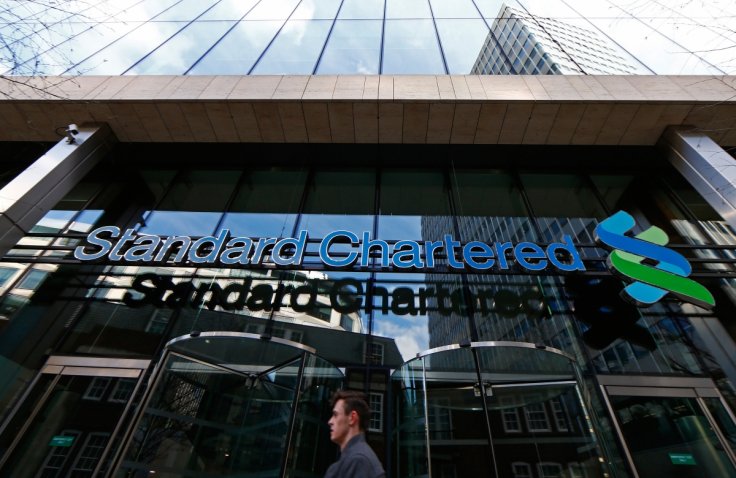Thousands of leaked documents detailing $2 trillion of transactions shared with an international group of investigative journalists have revealed how some of the world's biggest banks for years allowed criminals to move dirty money around the world.
The leak focuses on more than 2,000 suspicious activity reports (SARs) filed with the US government's Financial Crimes Enforcement Network (FinCEN), an agency operating under the Treasury Department to detect financial crimes.
The revelations immediately took its toll on the banks named in the report, with HSBC and Standard Chartered's Hong Kong shares plummeting on Monday. The two banks among others have been allegedly been moving large sums of illicit funds over nearly two decades despite red flags about the origins of the money. This is the latest in a string of leaks over the past five years that have exposed secret deals, money laundering and financial crime.
Safeguarding Dirty Money

The leaked documents were first published by Buzzfeed and the International Consortium of Investigative Journalists (ICIJ). The report said banks such as JPMorgan Chase, HSBC, and Deutsche Bank featured in the long list of financial institutions that facilitated the movement of criminal money even after being placed under sanctions by the US government.
The transactions took place for almost two decades starting from 1999 and continuing into 2017. The leak once again proves that the failure of regulatory and financial institutions to stop the flow of dirty money despite billions of dollars of penalties imposed on banks over the past decade.
What are FinCEN Flies?

Banks and other financial institutions file SARs when they have a hunch that a client is using their services for some criminal activity or money laundering. However, the filing of an SAR does not mean the bank can't do business with the particular client in question. The banks named in the documents used to allow criminals to move dirty money around the world.
The leak focuses on more than 2,657 documents, at the heart of which are 2,100 suspicious activity reports (SARs) filed with the US government's Financial Crimes Enforcement Network (FinCEN). Under the law, the banks need to know all the details of the client and if they are dealing with illicit money and can't leave it to enforcers to deal with the problem. If the banks find evidence of criminal activity, they should stop moving the cash.
However, these banks didn't do so. The leaks reveal how criminals laundered money with the help of some of the world's biggest banks and used anonymous British companies to hide their money. FinCEN said the leak could impact US national security, risk investigations, and threaten the safety of those who file the reports.
HSBC, Stanchart Shares Tumble

The reports name HSBC, which allowed fraudsters involved with WCM777, a Ponzi scheme, to move millions of dollars around the world even after it had identified the fraud. Britain's biggest bank allegedly moved the money through its US business to HSBC accounts in Hong Kong in 2013 and 2014.
The bank was notified by US investigators that the business was a scam but it still allowed fraudsters working with the Ponzi scheme to move around $15 million. The Ponzi scheme that ran out of WCM777 victimized thousands of immigrants from Asia and Latin America across the world.
Standard Chartered is another of the five banks named in the document that engaged in facilitating movement of dirty money. Following the revelations, shares of HSBC and Standard Chartered plummeted on Monday. HSBC shares in Hong Kong tumbled as much as 4.4 percent to HK$29.60 on Monday morning, the lowest since May 1995, while StanChart nosedived as much as 3.8 percent to HK$35.80, the lowest since May 25 this year.
Surprise Names
One of those named in the SARs is Paul Manafort, a political strategist who led Donald Trump's 2016 presidential election campaign for several months. Manafort stepped down from the role after his consultancy work for former Ukrainian president Viktor Yanukovych after getting exposed, and was later convicted of fraud and tax evasion.
According to the report, these five banks began flagging activity linked to Manafort as suspicious beginning in 2012. In 2017 JP Morgan Chase filed a report on wire transfers worth over $300m involving shell companies in Cyprus that had done business with Manafort. A separate report details over $1 billion in wire transfers by JP Morgan Chase that the bank later came to suspect were linked to Semion Mogilevich, an alleged Russian organized crime boss who is named on the FBI's top 10 most wanted list.








